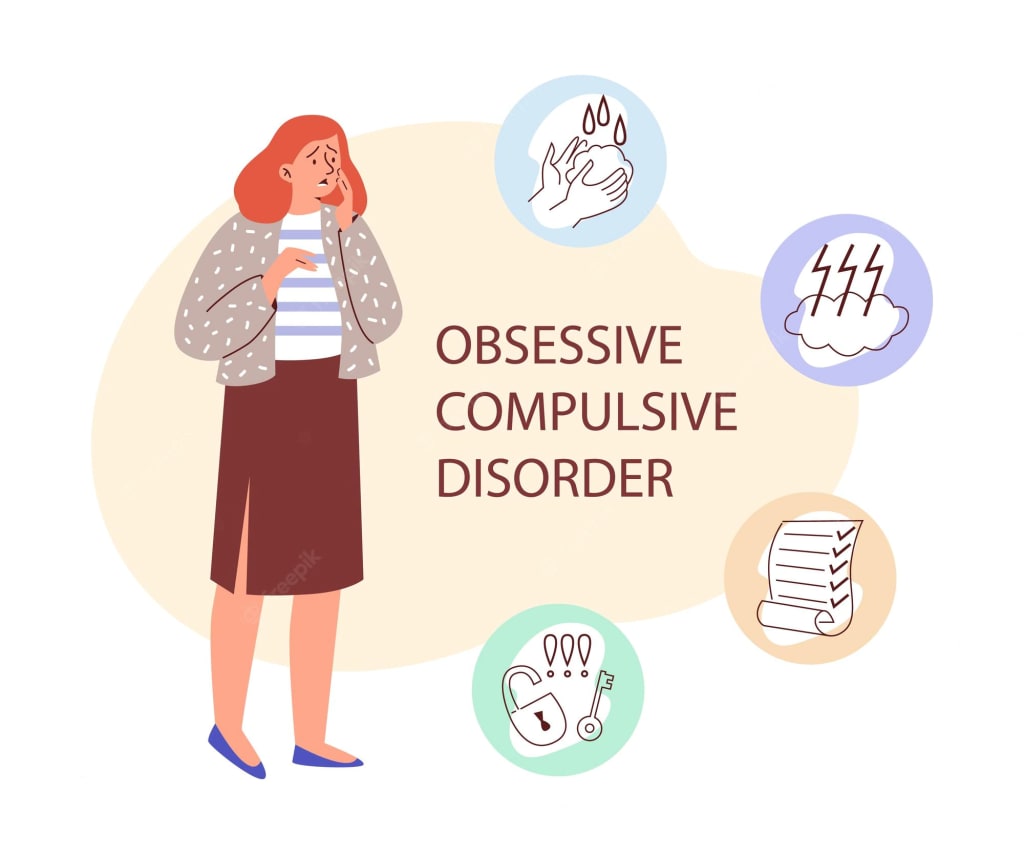Examination of the Relationship between OCD and Depression
Examination of the Relationship between OCD and Depression

Obsessive-Compulsive Disorder (OCD) and depression are both prevalent and debilitating mental health disorders that affect millions worldwide. Individually, they can be immensely challenging for patients, but when they coexist, the challenges multiply, affecting every facet of one's life. An emerging body of evidence has begun to uncover the intricate relationship between these two conditions, highlighting the importance of a comprehensive therapeutic approach. The role of an OCD psychiatrist in this context is pivotal, offering specialized insight into the complex interplay and providing tailored treatments that address both conditions simultaneously.
Understanding OCD and Depression
At its core, OCD is characterized by persistent unwanted thoughts (obsessions) and repetitive behaviors or thoughts (compulsions) carried out to reduce the anxiety or distress caused by these obsessions. The individual recognizes these compulsions as irrational, but the urge to perform them remains overpowering.
Depression, on the other hand, is a mood disorder typified by feelings of sadness, hopelessness, and a lack of interest or pleasure in daily activities. It affects cognitive functions, emotions, and physical health, leading to issues like impaired concentration, feelings of worthlessness, and fatigue.
The Overlapping Web: OCD and Depression
Studies have found a significant overlap between OCD and depression. The relationship can be summarized as follows:
Comorbidity: A significant proportion of individuals with OCD also suffer from depression. Conversely, those with depression can display obsessive-compulsive symptoms. This overlap suggests that there might be shared underlying mechanisms or that one condition could precipitate the other.
Severity: Often, the severity of OCD symptoms correlates with the severity of depressive symptoms. As OCD symptoms intensify, depressive symptoms might become more pronounced, and vice versa.
Treatment Impediment: Depression can hinder the treatment of OCD. Individuals with both conditions may find it challenging to engage in treatments like Cognitive Behavioral Therapy (CBT), which requires significant mental effort and consistency.
Shared Biological Pathways: Emerging research suggests that both OCD and depression might have shared neurobiological pathways, specifically in areas of the brain related to emotion regulation and cognitive control.
The Crucial Role of the OCD Psychiatrist
Given the intertwined nature of OCD and depression, the role of an OCD psychiatrist becomes indispensable. Here’s why:
Specialized Diagnosis: The overlap in symptoms can make diagnosis tricky. An OCD psychiatrist possesses the expertise to differentiate between the symptoms of the two conditions and to identify when they coexist.
Integrated Treatment Approach: OCD psychiatrists are trained to provide treatments that cater to the unique needs of those with both conditions. This might include a combination of medication, CBT, and other therapeutic modalities.
Addressing Treatment Barriers: Depression can make individuals feel demotivated or hopeless about treatment outcomes. An OCD psychiatrist can recognize these barriers and implement strategies to engage and motivate the patient.
Ongoing Assessment: The dynamic nature of both conditions means that symptoms can fluctuate over time. Regular assessments by an OCD psychiatrist ensure that treatment strategies evolve as needed.
Conclusion
The relationship between OCD and depression is intricate, underscoring the need for specialized care. An OCD psychiatrist stands at the crossroads of this relationship, equipped with the knowledge and skills to provide holistic care. Addressing both conditions simultaneously not only improves the quality of life for the affected individuals but also offers them a brighter, more hopeful future. The ongoing research and work in this area promise more refined treatment strategies and a deeper understanding of the complexities of the human mind.





Comments
There are no comments for this story
Be the first to respond and start the conversation.